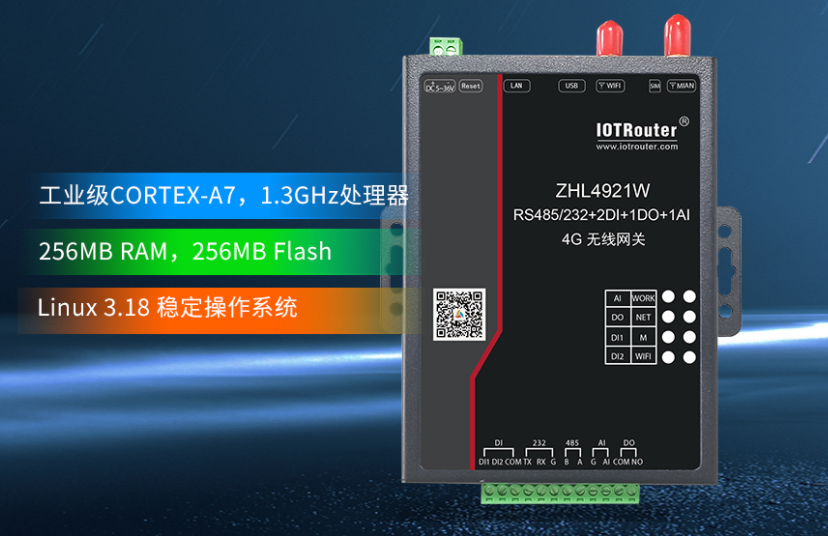Different application scenarios
Switch: Mainly used in internal core access, internal data exchange, and more commonly used in LAN;
Router: It is a network outlet, mainly responsible for interconnection with operators, and is more commonly used to connect to external networks.
For example, there may be thousands of switches in a network environment, but the number of industrial routers used in the same environment may only be in single digits. In other words, if you want to communicate from an office building to a dormitory building, you only need to use a switch; but if you want to communicate from an office building to a distant workshop or factory assembly line, most routers are used for remote communication.
Different functional differences
Switch: Its main function is to exchange internal data and manage subnet IP. It does not have the function of connecting to the external network;
Router: Through the function of connecting to the external network, it assists the data transmission of other devices, such as serial server or PLC, etc.

Usually routers have AP functions, firewalls, routing protocols, etc. Industrial routers have VPN private network tunnels to protect private data transmission. For example, this function is often used in the financial industry. Because routers are rich in functions, they are often used in traffic aggregation environments.
Usually switches do not have these functions, but some switches also have firewall functions, such as a certain series from Cisco.
Different interface requirements
Switch: Most switches are used in Ethernet ports, electrical ports, optical ports, etc.;
Router: mainly LAN port or WAN port. Some industrial scenarios also require RS232 serial port, such as USR-G800 V2.
In most cases, routers are used in conjunction with switches. The switch is responsible for managing the subnet and exchanging internal data, and the router is responsible for connecting to the external network. For example, the intelligent parking lot transmission solution: wireless networking is optional at the gate, and WAN 4G networking is optional indoors. The network connection is fast, the network is smooth and the data is complete. Remote management is more convenient. Accurately transmit parking space status data to create a comfortable parking experience.
Keywords: Industrial 4G router